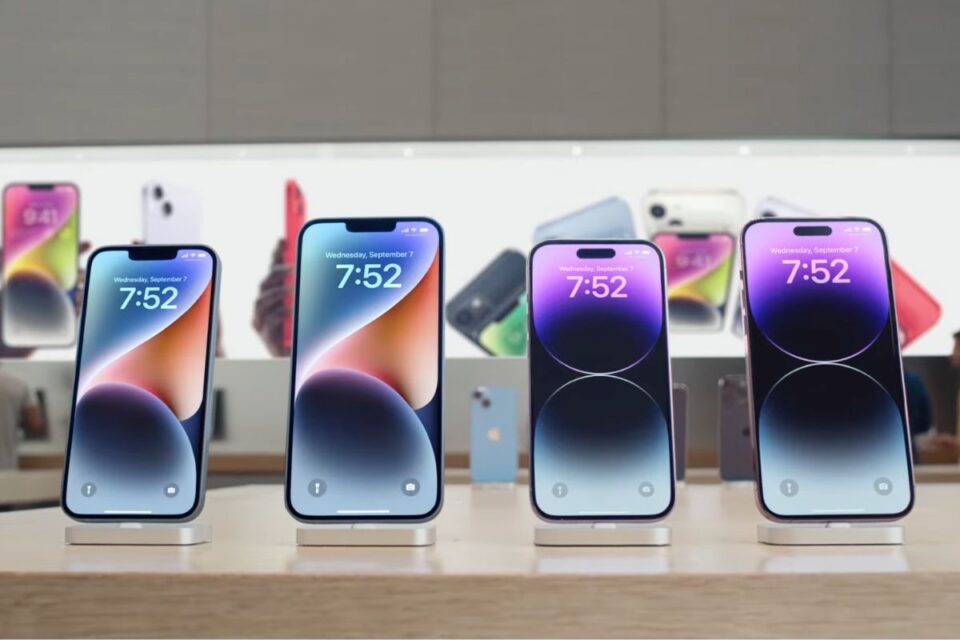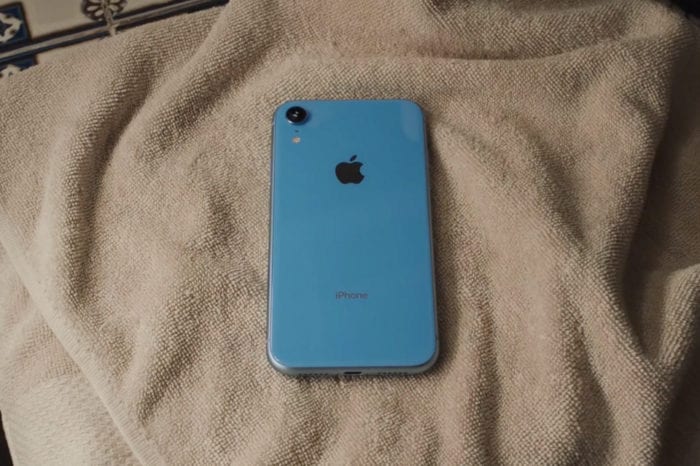EU warns Apple about rumored plans to throttle USB-C speeds on iPhone 15

Even though Apple is still months away from announcing its next-generation iPhone, which is widely rumored to drop the Lightning connector in favor of USB-C to adhere to new laws introduced by the European Union, it is alleged that an EU Industry Commissioner has sent a warning letter to Apple based on rumors that the company may limit USB-C functionality to approved “Made for iPhone” (MFi) accessories, similar to the way Apple requires Lighting accessories to use an authenticator chip to avoid the “This accessory is not supported” warnings on connected Apple devices.
According to MacRumors, who cite a reported by Zeit Online, EU Industry Commissioner Thierry Breton wrote a warning to Apple in a letter noting that it would be “inadmissible to restrict the interaction with chargers,” condemning Apple for something the company may not even do.
The EU Industry Commissioner’s concerns stem from a report published in February that claimed that Apple has developed its own variant of USB-C for this year’s iPhone 15 lineup which could see USB-C functionality limited to only approved accessories part of the company’s “Made for iPhone” program, which requires third-party accessory makers to pay Apple to sell certified accessories that work properly with connected devices.
With this new USB-C variant, Apple could limit features like fast charging and high-speed data transfer to Apple and MFi-certified USB-C cables, although it isn’t clear whether this will actually happen.
One possibility is that through making its own USB-C accessories, Apple could limit fast charging features to the high-end iPhone 15 Pro series, for example.
For context, Apple uses USB-C for the 10th-generation iPad, iPad mini, iPad Air, and iPad Pro and does not have any authentication chip like that rumored to be coming to the iPhone 15 lineup.
The report also notes that the EU Commission reminded Apple in March that “Devices that do not meet the requirements for the single charger will not be approved on the EU market.”














